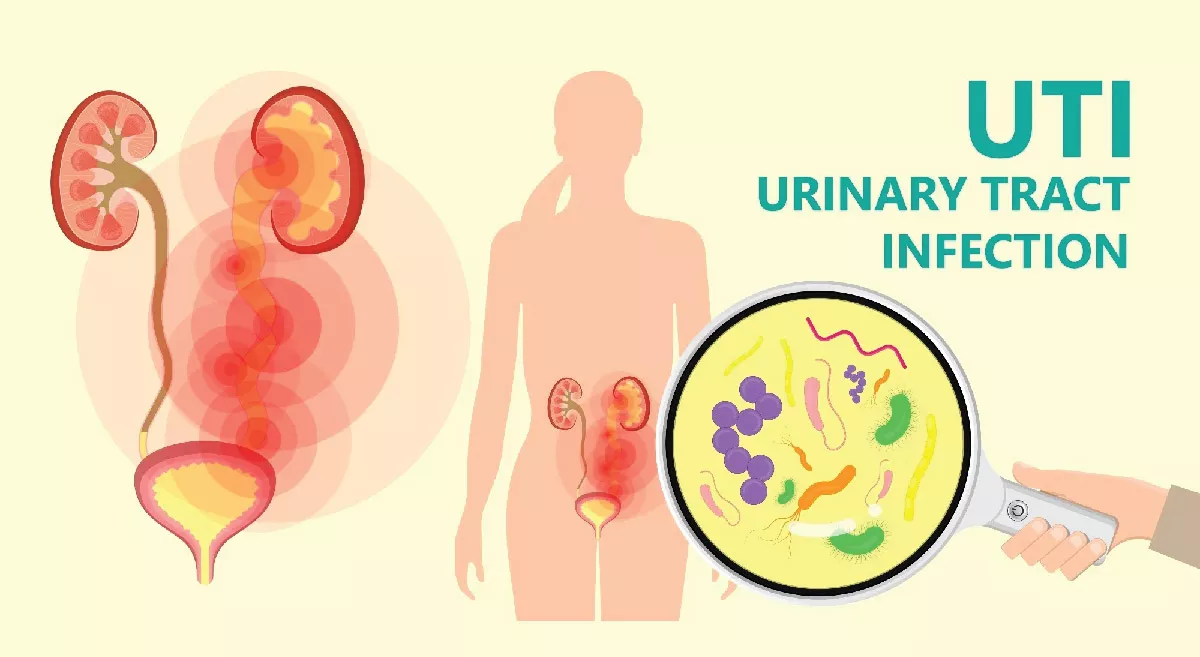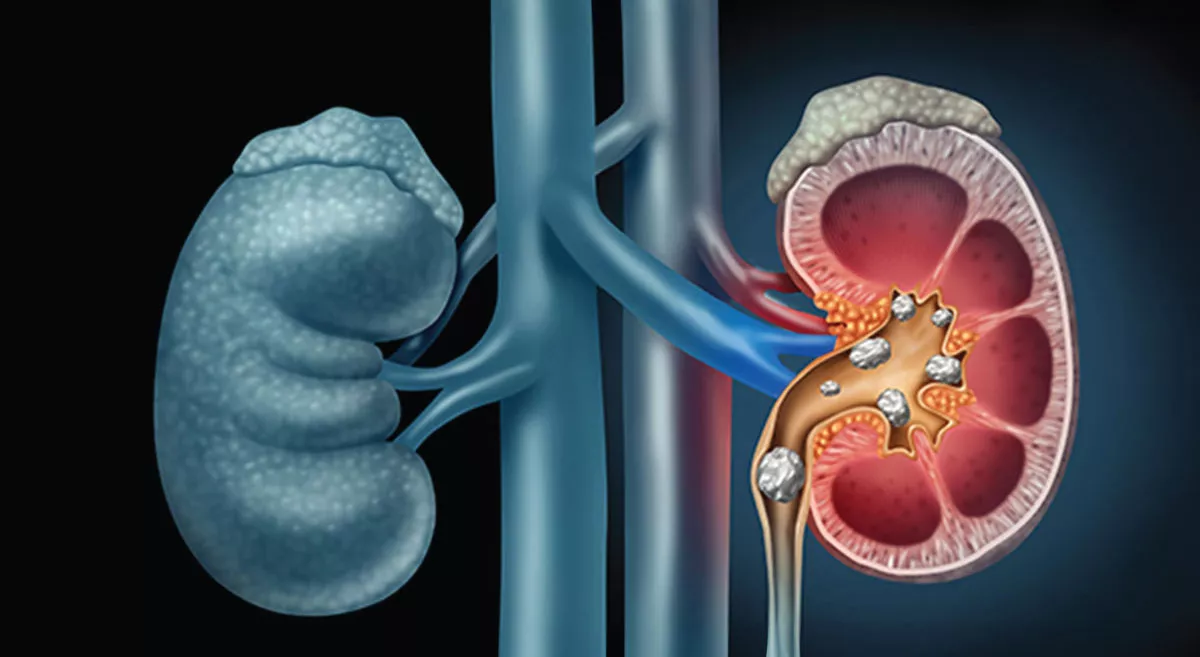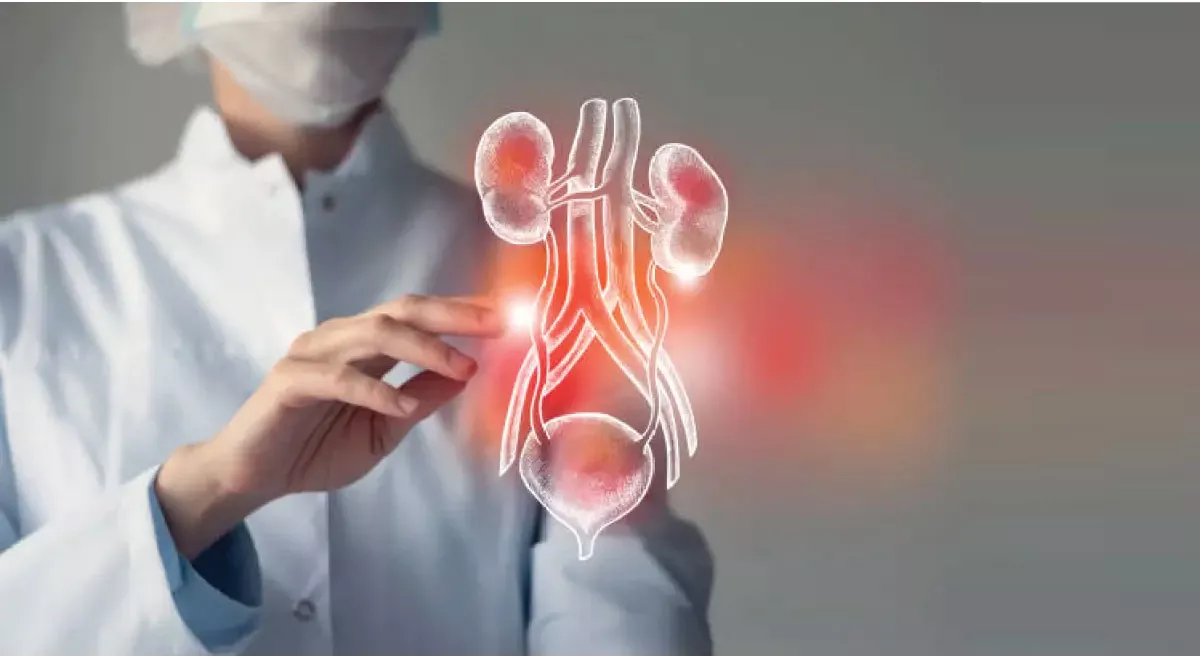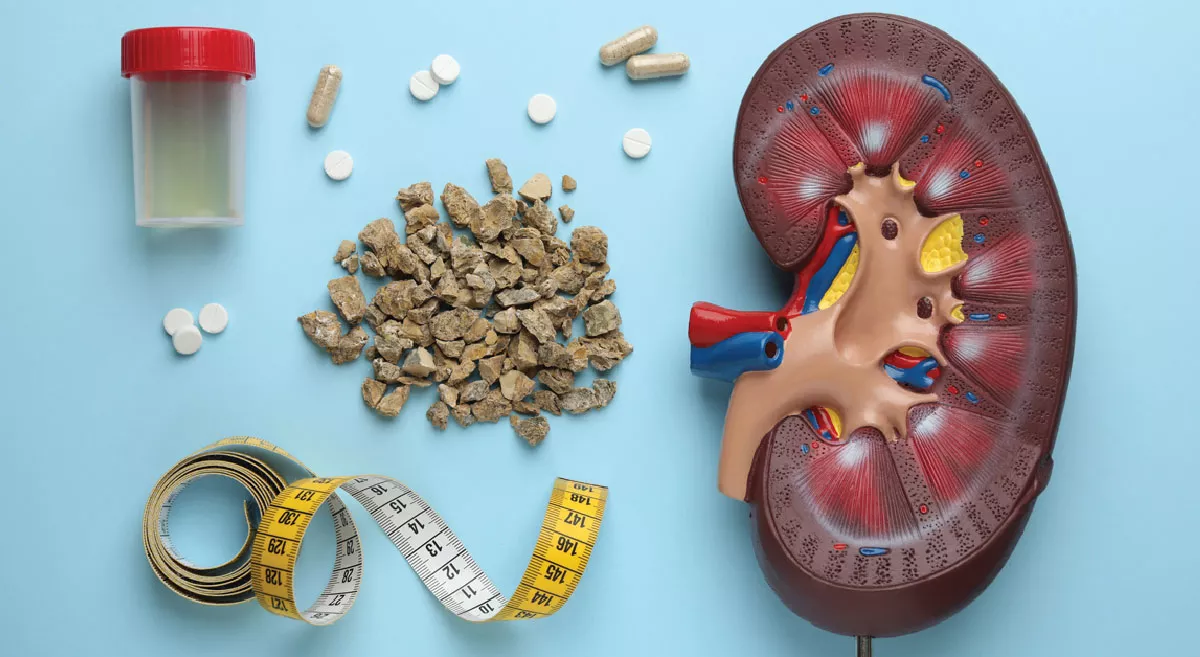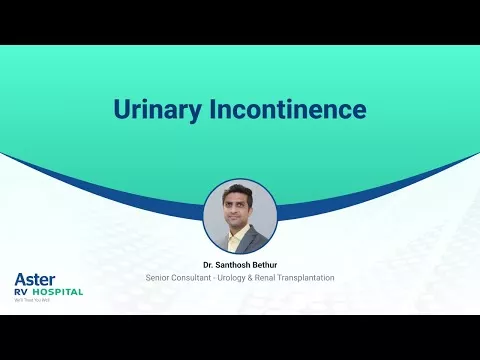Introduction:
The prostate is crucial for reproduction in men. As men age, prostate health management becomes increasingly important, with conditions such as benign prostatic hyperplasia (BPH), lower urinary tract symptoms (LUTS), prostatitis, and prostate cancer becoming more common. Prostate problems can be prevented with early detection, management, and preventive care.
Regular Screenings and Early Detection
Early signs of prostate issues may include blood in urine, difficulty in urinating, frequent urination, pelvic pain, etc. Regular screening is essential for the early detection and management of prostate issues.
- Prostate-Specific Antigen (PSA) Testing measures PSA levels in the blood. Elevated levels can be an early indicator of prostate issues (cancer, enlarged or inflamed prostate, etc.)
- Digital Rectal Exam (DRE): A doctor manually checks for abnormalities in the prostate. Routine DREs are recommended for men over 50 or earlier for those with a family history of prostate conditions.
Why Early Detection Matters
Early-stage prostate issues, particularly cancer, often do not present any symptoms. Regular screenings increase the chances of detecting issues when they are most treatable.
Adopt a Prostate-Healthy Diet
A balanced diet is key to prostate health. Foods shown to support prostate function and prevent prostate problems include:
- Tomatoes
- Cruciferous Vegetables (Broccoli, cauliflower, etc.)
- Fatty Fish (Salmon, mackerel, etc.)
- Green Tea
- Nuts and Seeds (Walnuts, pumpkin seeds, brazil nuts, etc.)
- Good fats (Butter, coconut oil, olive oil, etc.)
What to Avoid:
- Processed Foods
- Excessive Red Meat
- Dairy
Exercise Regularly
Physical activity is critical for maintaining prostate health. Regular exercise can:
- Reduce inflammation, which is linked to enlargement of the prostate.
- Improve hormonal balance by regulating testosterone and other hormones.
- Aid weight management.
- Improve quality of life.
Recommended Activities:
- Low- to moderate exercise including walking, jogging, running, sit-ups, stretching, leg-lifts, etc.
- Aerobic Exercise: Swimming, or cycling at least 30 minutes daily.
- Pelvic Floor Exercises (Kegels): Strengthening pelvic muscles can improve urinary control, especially for those with Benign prostatic hyperplasia or post-prostate surgery.
Maintain Healthy Testosterone Levels
Optimum testosterone is key for prostate health. Elevated dihydrotestosterone levels can contribute to prostate enlargement or benign prostatic hyperplasia. Natural ways to maintain hormonal balance include:
- Exercise and weight management
- Reducing stress: Chronic stress can lead to a decrease in testosterone levels.
- Adequate sleep: Insufficient sleep can result in decreased hormone production.
Stay Hydrated but Watch Your Timing
Proper hydration is essential, but excessive fluid intake, especially at night, can worsen urinary symptoms in men with BPH. To prevent frequent nighttime urination (nocturia):
- Ensure hydration throughout the day
- Limit fluids 1-2 hours before bed.
Supplements for Prostate Health
Certain supplements are known to promote prostate wellness, but always consult your healthcare provider before starting any new regimen:
- Selenium. Research suggests that selenium may help protect against prostate cancer and slow its progression.
- Zinc: Zinc may prevent prostate enlargement.
- Vitamin D: Research indicates that higher vitamin D levels are associated with a lower risk of prostate cancer.
Avoid Risk Factors
- Limit Alcohol and Caffeine as these can exacerbate urinary symptoms.
- Stop Smoking: Smoking is associated with an increased risk of prostate cancer and can lead to poorer treatment outcomes
- Minimize Stress: Incorporate relaxation techniques such as meditation, yoga, or deep breathing exercises into your routine.
Manage Medical Conditions
Diabetes and high blood pressure can worsen prostate issues. Managing these underlying conditions through proper medication, diet, and exercise can improve prostate health.
Conclusion:
Prostate health is essential for a man’s overall well-being, especially as they age. Maintaining a healthy diet, staying active, and attending regular screenings can significantly lower their risk of prostate issues and contribute to better long-term health. Early detection plays a vital role in effectively preventing prostate problems. Please contact Aster RV Hospital for more information.





